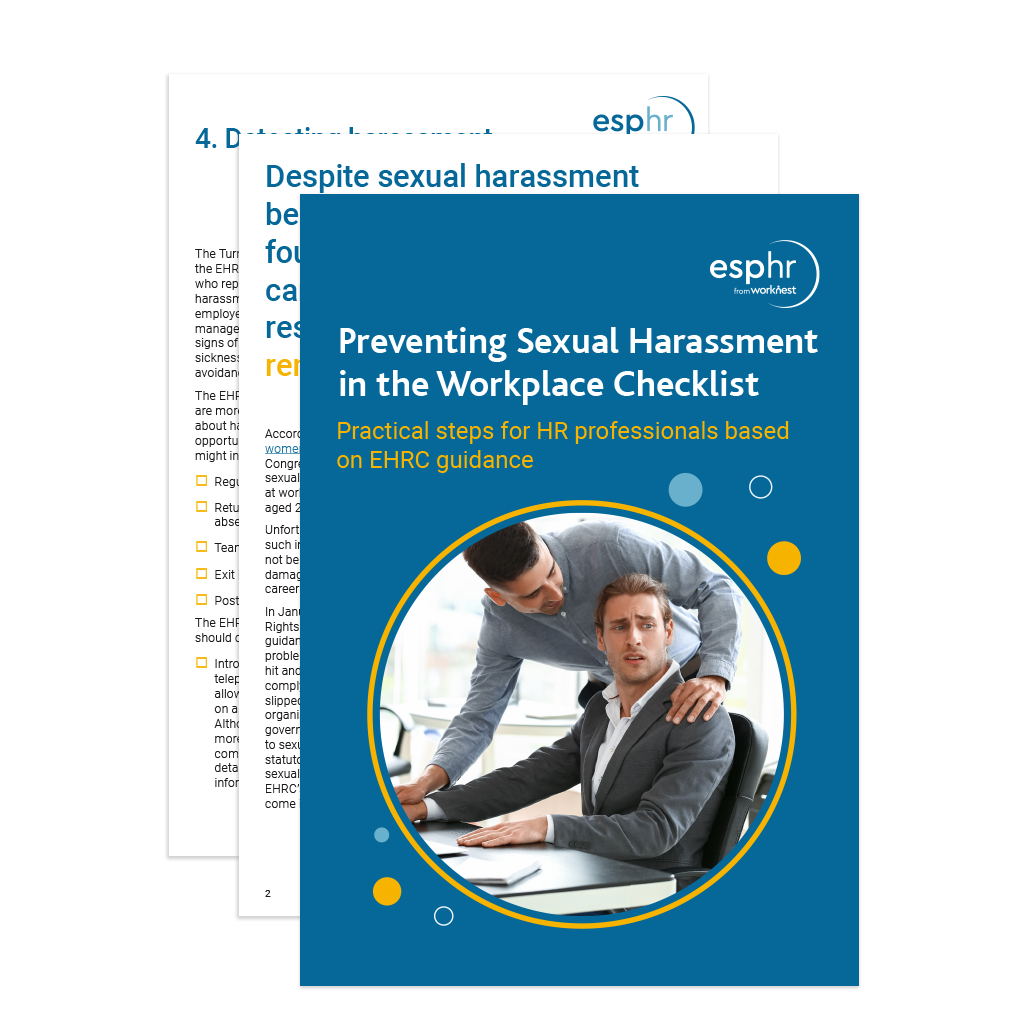Welcoming a new baby into the world is an exciting time for any family, but it can also be an incredibly challenging and emotional experience when the baby is born prematurely. For working parents, balancing the demands of work and caring for a premature baby can be particularly difficult.
As an employer and HR professional, supporting employees who are going through this experience is not only the compassionate thing to do, but it can also lead to improved employee morale, engagement, and retention. However, navigating the employment law complexities surrounding premature births can be a challenge. What happens to the employee’s maternity leave? How should you communicate with the employee during this difficult time? And, what support should you provide? In this blog, we will explore the law and address these questions.
What is considered a premature baby?
The NHS defines premature babies as those born before 37 weeks.
What is the current law on leave for premature births?
Currently, female employees have the right to take up to 52 weeks of maternity leave. However, if a woman gives birth prematurely, her maternity leave will begin the day after the baby is born, and unlike in some other countries, this leave is not extended. As a result, by the time the baby is well enough to leave the hospital, the employee may have already exhausted several months of their maternity leave. This can be distressing for new mothers who want to bond with their newborns during their earliest months of life.
To support families and make it easier for them to focus on their baby’s health without worrying about their job security or income, the Chancellor announced in the 2020 Spring Budget that the government would create a new statutory entitlement to neonatal leave and pay for employees whose babies spend an extended period of time in neonatal care.
Following a delay, in July 2022, the government announced that it was backing a Private Members’ Bill, the Neonatal Care (Leave and Pay) Bill. Progress has been slow; however, the second reading took place in the House of Lords in late March 2023. No date has yet been announced for the third reading.
Although the duration isn’t specified in the Bill, this new right is expected to provide both parents with up to 12 weeks’ of paid neonatal leave for parents of babies under 28 days who spend more than 7 days in hospital. This would be in addition to other leave entitlements, such as maternity and paternity leave, but it is not expected that this will be introduced before April 2024.
When can an employee commence neonatal leave?
Under the proposed Neonatal Care (Leave and Pay) Bill, eligible employees will be entitled to take leave from their first day of employment if their baby requires neonatal care for at least seven uninterrupted days, starting from the day after the care begins and before the end of a 28-day period from the day after the child’s birth. This leave can be taken either while the child is receiving neonatal care or afterwards, giving parents the flexibility to add it to other forms of statutory parental leave.
In addition, eligible employees will be entitled to statutory neonatal care pay, provided they have been in continuous service for at least 26 weeks and earn at least £123 per week, which is the lower earnings limit. This will provide much-needed financial support to families during a challenging time, helping to alleviate some of the stress and worry associated with caring for a baby who requires neonatal care.
What else can employers and HR do to support employees who have premature babies?
There are other ways to support employees during this difficult time. One way is to be sensitive and thoughtful in your communications with them. You should ask them how they want you to communicate the news to colleagues and be respectful of their wishes. They may want to tell people straightaway or wait until the baby has been discharged from hospital. It’s also important to be aware that communication may be difficult at this time, so when you are in touch with the employee, you should be sensitive and empathetic. You should ask them what the best form of communication is and be prepared for them to find it hard to talk.
In addition, when appropriate, you should discuss their statutory and contractual leave entitlements with them. Depending on the nature of their individual circumstances, this may involve discussing flexible working requests, Shared Parental Leave, unpaid parental leave and any special leave your organisation offers. You may also need to think ahead, especially if the baby needs further medical care and treatment.
Financial worries can also be a concern, so try and support them as best you can and consider what support you could offer to help relieve the burden, such as an advance on their salary or a loan. And when they do return to work, they may still be struggling to cope, so think about what you can do to help, such as a phased return to work, homeworking or other adjustments.
Remember, small acts of kindness can go a long way in showing your support.




